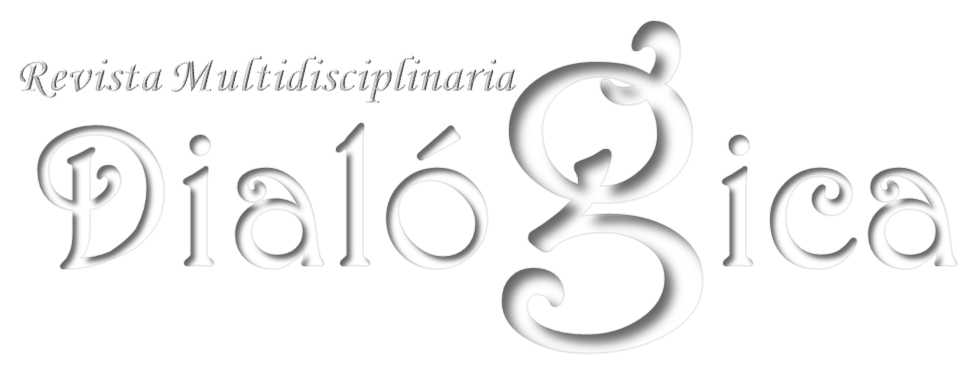Integration of parents and teachers. The perfect partnership in their children's academic development
DOI:
https://doi.org/10.56219/dialgica.v22i3.3675Keywords:
Responsibility, teachers, academic success, team workAbstract
The article deals with the importance of the integration of parents and teachers in the academic training of children. The objective of this study was to describe the relevance of this binomial in the education of children. The responsibility that teachers have together with representatives regardless of the socioeconomic class, race, or educational level of the same is enormous, and together they must work as a team to achieve the academic success of their children. Regarding the methodology, it was necessary to carry out an interpretive qualitative study based on the documentation and exhaustive review of various articles and information related to the subject. To conclude, it is mentioned that the more parents are involved with teachers, the training will be successful and will have a higher academic, social, and family level. This support allows the child to solve problems and adapt to current educational praxis.
References
Blanco, R. y Umayahara, M. (2004). Participación de las familias en la educación infantil. OREALC/UNESCO. https://unesdoc.unesco.org/ark:/48223/pf0000139030
Casey, A. (2022). Parental Involvement in your Child’s Education. https://www.aecf.org/blog/parental-involvement-is-key-to-student-success-research-shows
Epstein F. (2001). Programas efectivos de involucramiento familiar en las escuelas: estudios y prácticas. Santiago, Chile: Serie Familia-Escuela. Fundación CAP. https://goo.su/xP46
Espín, P. (2021). La participación de los padres en el aprendizaje de las niñas y niños de 3 a 4 años del Centro de Desarrollo Infantil Comunitario Guagua Centro El Arbolito del Distrito Metropolitano de Quito. [Trabajo de Grado de Maestría de la Universidad Andina Simón Bolívar, Quito, Ecuador] http://hdl.handle.net/10644/7927
Herrera J. (2017). Investigación cualitativa. https://juanherrera.files.wordpress.com/2008/05/investigacion-cualitativa.pdf
Sharma, R. (2024). The effects of parental involvement on student academic success. Global International Research Thoughts, 12(1), 43-48. https://www.researchgate.net/publication/381913298_The_Effects_of_Parental_Involvement_on_Student_Academic_Success DOI: https://doi.org/10.36676/girt.v12.i1.111
Torrico Linares, E., Santín Vilariño, C., Andrés Villas, M., Menéndez Álvarez-Dardet, S., y López López, M. (2002). El modelo ecológico de Bronfrenbrenner como marco teórico de la Psicooncología. Anales de psicología, 18(1), 45-59. http://hdl.handle.net/10201/7993
UNESCO (2022). Participación de la familia en la escuela. https://unesdoc.unesco.org/ark:/48223/pf0000139030
Weber, K. (2021). The Importance of Family Involvement. https://www.Youthfirstinc.org/the-importance-of-family-involvement-at-school/
Published
How to Cite
Issue
Section
License
Copyright (c) 2025 Ana Cecilia Mewa Martínez

This work is licensed under a Creative Commons Attribution-NonCommercial-ShareAlike 4.0 International License.


 @revistadialogica
@revistadialogica DialogicaUPEL
DialogicaUPEL RevistaDialogicaUPELMaracay
RevistaDialogicaUPELMaracay dialógicaupel@gmail.com
dialógicaupel@gmail.com dialogicaupel.blogspot.com
dialogicaupel.blogspot.com https://issuu.com/dialogicaupel
https://issuu.com/dialogicaupel https://revistas.upel.edu.ve/index.php/dialogica/
https://revistas.upel.edu.ve/index.php/dialogica/









